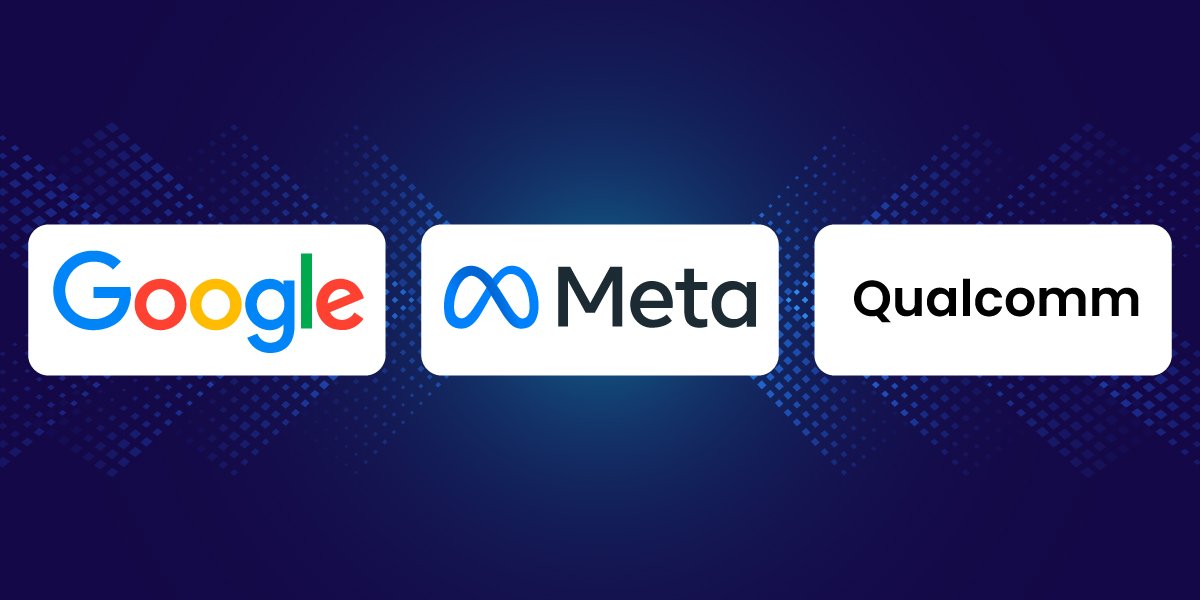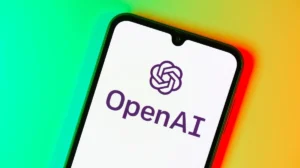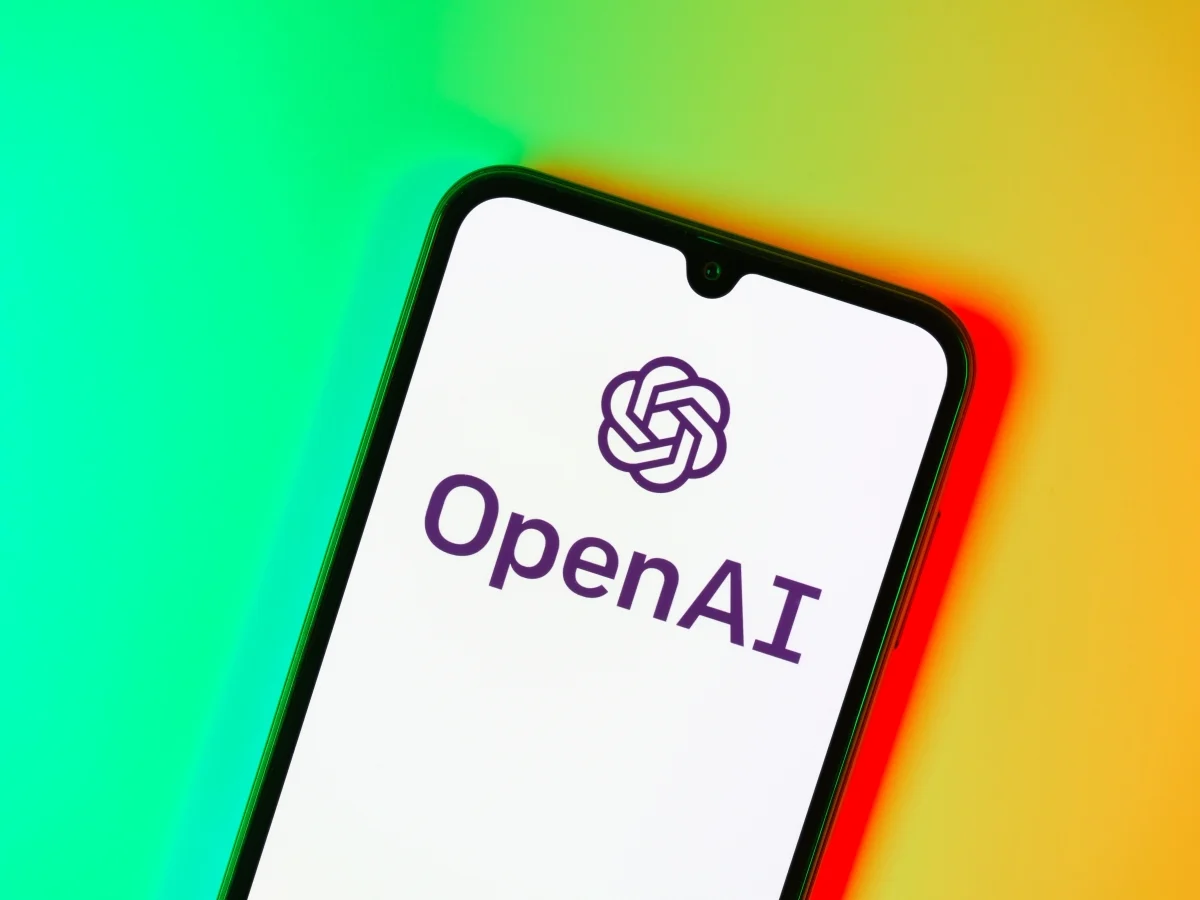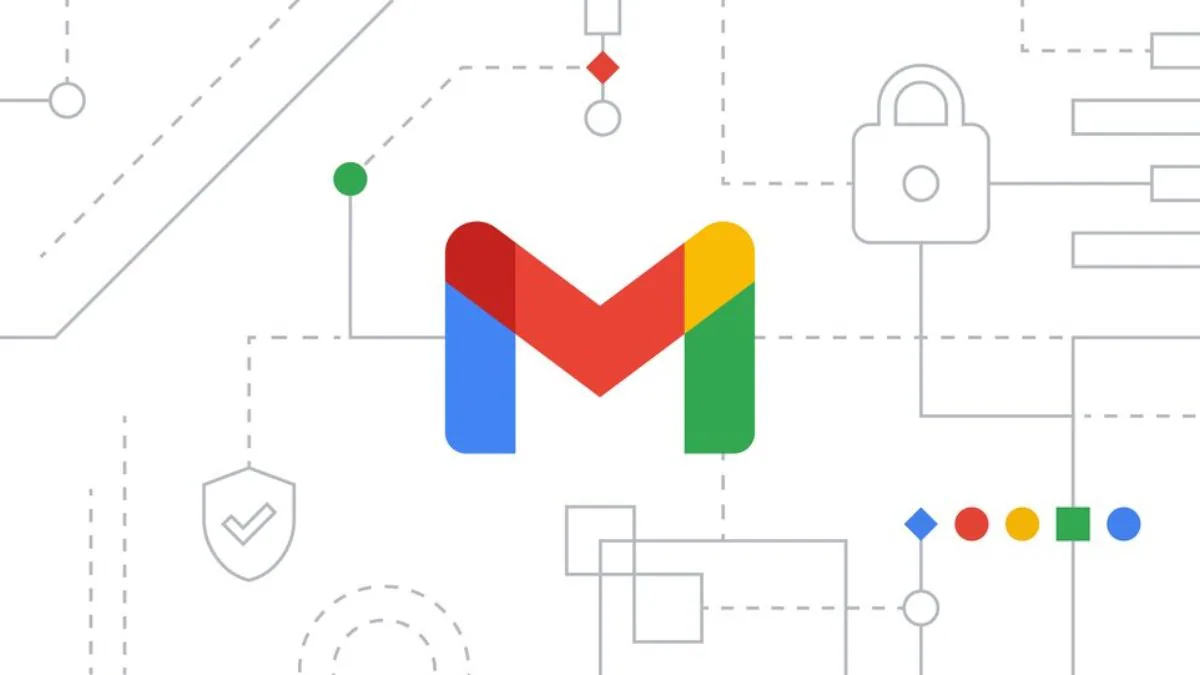In a significant development for the European tech landscape, several industry heavyweights have joined forces to push for open digital ecosystems. Google, Meta (formerly Facebook), and Qualcomm have spearheaded the formation of the Coalition for Open Digital Ecosystems (CODE), alongside seven other prominent tech companies. This initiative marks a strategic shift, with major players seemingly embracing greater openness and interoperability in response to evolving regulatory concerns.
Key Highlights:
- Google, Meta, Qualcomm join forces with other tech giants to create the Coalition for Open Digital Ecosystems (CODE).
- The group aims to promote open platforms, interoperability, and seamless connectivity in Europe.
- This move comes in response to the EU’s Digital Markets Act and potential future regulations.
- CODE plans to collaborate with policymakers, academics, and businesses to achieve its goals.
- Critics raise concerns about potential self-serving motivations and lack of concrete steps.

Promising Openness in a Closed Landscape:
The digital space in Europe has increasingly faced scrutiny over concerns about closed platforms and potential anti-competitive practices. In particular, the EU’s Digital Markets Act (DMA) introduced regulations aimed at curbing the dominance of large tech companies. CODE’s emergence appears to be a strategic response to such regulatory pressures, emphasizing its commitment to openness and interoperability.
Cross-Industry Collaboration for Change:
The diverse coalition includes not just tech giants like Google and Meta, but also hardware manufacturers like Qualcomm, consumer electronics brands like Lenovo and Honor, and even smaller niche players like augmented reality startup Lynx. This breadth of representation suggests a concerted effort to encompass various stakeholders within the digital ecosystem. CODE has outlined several key objectives, including:
- Promoting open platforms and standards: This involves advocating for open-source technologies and common protocols, enabling smoother data exchange and application compatibility across different platforms.
- Ensuring seamless connectivity: The coalition aims to break down silos and enable seamless user experiences across various devices and networks.
- Fostering innovation through collaboration: CODE emphasizes the importance of collaborative efforts between industry players, policymakers, and academics to drive meaningful progress towards open ecosystems.
Skepticism Amidst Promises:
While CODE’s mission statement raises hopes for a more open and competitive digital landscape, critics remain cautious. Some point to the potential for self-serving agendas within the coalition, questioning whether open standards will truly prioritize user interests or simply solidify the dominance of existing major players. The lack of concrete action plans and specific measures also draws skepticism about the coalition’s ability to deliver on its promises. Only time will tell whether CODE translates its lofty goals into tangible steps towards a truly open and user-centric digital future.
The Road Ahead for Open Ecosystems:
The formation of CODE undoubtedly marks a significant development in the ongoing debate about open digital ecosystems. While concerns and skepticism remain valid, the collective effort by major tech players is a step in the right direction. Continued vigilance and close monitoring of CODE’s actions will be crucial to ensure that its principles of openness and interoperability translate into genuine benefits for users and foster a truly competitive and innovative digital landscape in Europe.


















